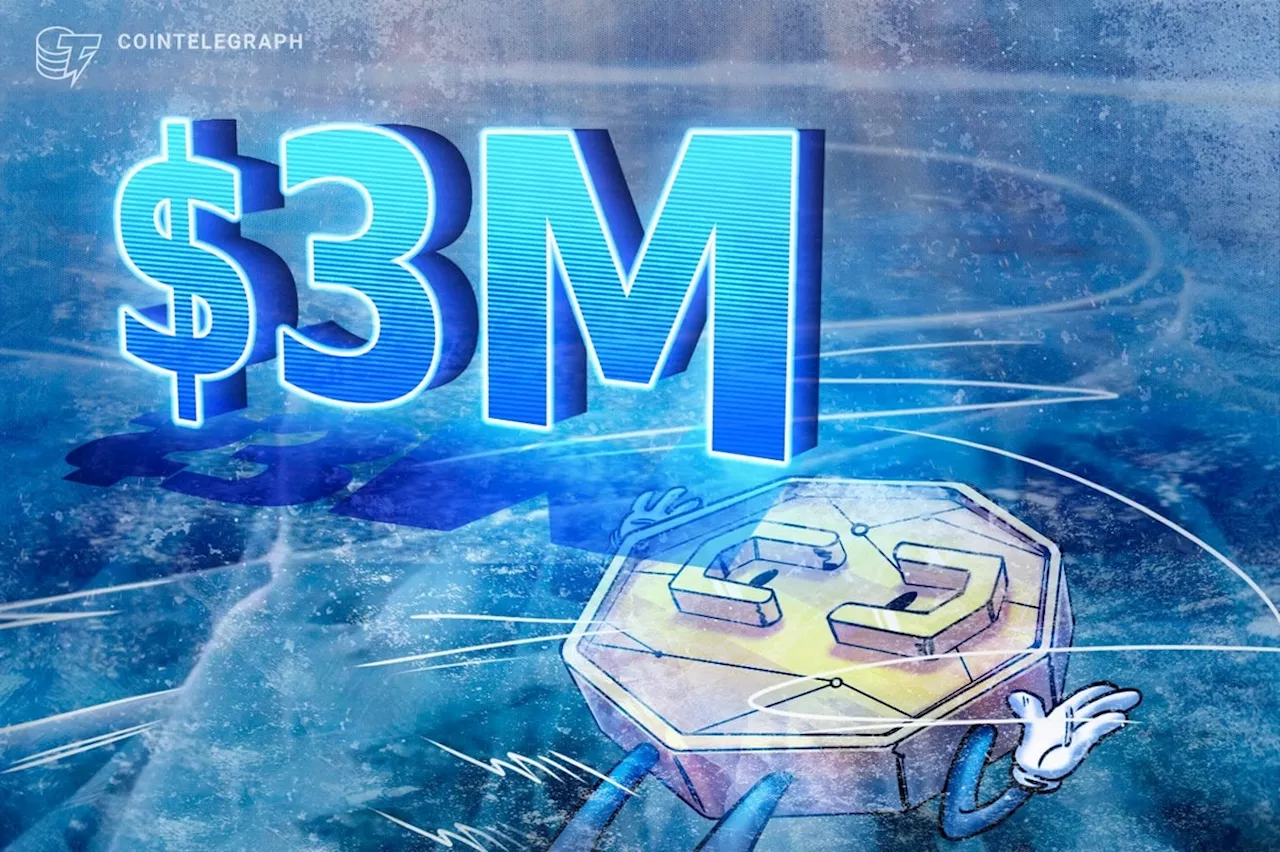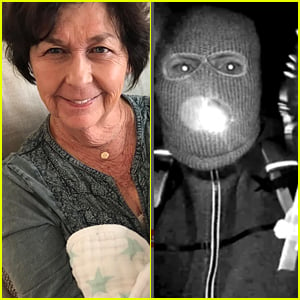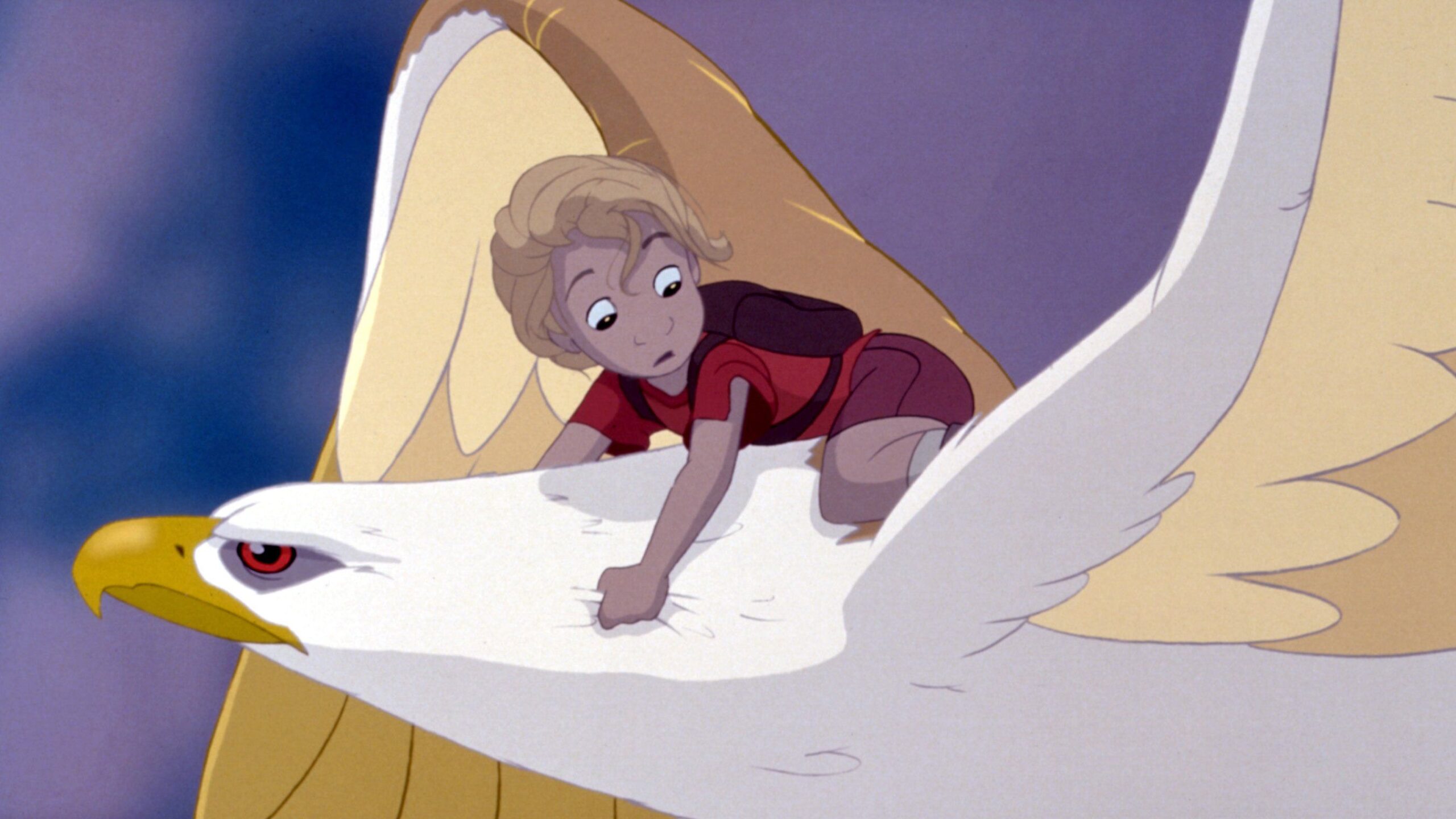Whale researchers have concluded that J64, a recently observed orca calf from the J Pod, has likely died. This determination follows a series of encounters in which the calf was not sighted. The findings were shared by the Center for Whale Research after they conducted observations in the Southern Gulf Islands, just north of Sidney, B.C..
Observations and Conclusions
On May 18, 2023, researchers were able to photograph members of the J Pod, including J42, the mother of J64. Despite their efforts to locate the calf during multiple encounters, J64 did not appear. According to the center, orca researchers typically consider a calf deceased after three consecutive observations without its presence in the pod.
“We found J42 and held the camera trigger down while waiting for J64 to pop up behind her. Unfortunately, J64 did not surface after J42,” the researchers reported on their social media platform.
The team also noted, “We hoped it was nursing or something, but we kept seeing J42 surface repeatedly, and there was no calf with her.” After extensive observation periods yielded no sightings of J64, the researchers concluded that the calf had likely not survived.
Challenges for Young Orcas
The mortality rate for orca calves, particularly those born into the Southern Resident population, is notably high. Factors contributing to this include poor nutrition and exposure to environmental toxins transmitted from mother to calf during gestation and lactation. Orcas depend heavily on healthy populations of Chinook salmon for survival, making the health of marine ecosystems critical.
J64 was first reported by the Orca Network and SeaDoc Society on September 18, 2023. At that time, the calf was observed traveling closely with J42, demonstrating surfacing behaviors typical of a nursing calf. This confirmation of J42 as J64’s mother provided initial hope for the calf’s survival.
Despite the unfortunate conclusion regarding J64, the researchers maintain a cautious optimism. They expressed hope that the calf may have simply been elusive during the observations. “We kept taking photos of the whole group, hoping J64 was playing with other whales. However, there was no sign of the newest calf,” they stated.
The Center for Whale Research dispatched observers to capture images of the J Pod after receiving reports that they were moving north in the southern end of Swanson Channel. No sightings of J64 were made, leading to disappointment as the pod moved on.
As the situation with J64 illustrates, the survival of orca calves remains precarious, highlighting the importance of ongoing research and conservation efforts. The plight of these magnificent creatures serves as a reminder of the delicate balance within marine ecosystems and the challenges they face.







